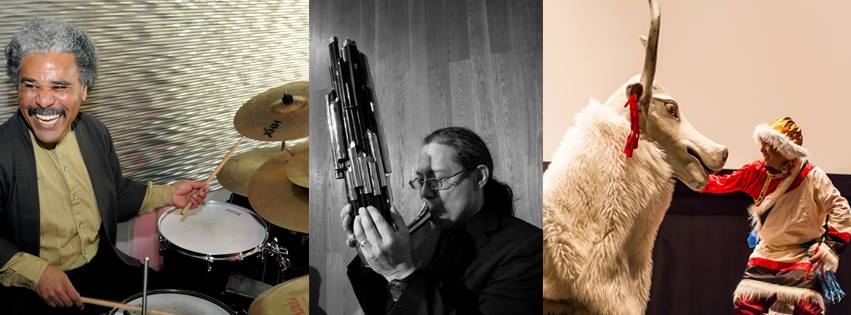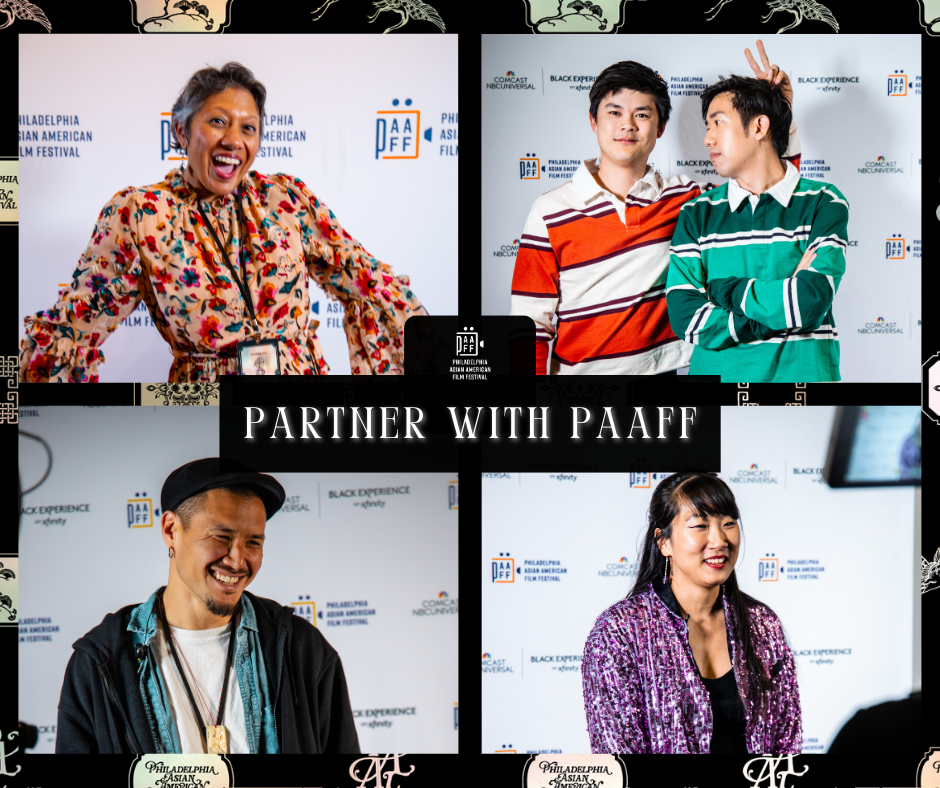On Friday May 6th, the Barnes Foundation will celebrate Asia-Pacific American Heritage Month with Asia Fantasia, a First Friday fusion of art and performance. Asia Fantasia represents PAAFF’s first collaboration with the Barnes. The event will showcase the rich diversity of traditional and contemporary Asian and Asian American artistic engagement while shedding light on the fertile artistic dialogue between east and west. Throughout the evening, visitors will be treated to live performances varying from a traditional Tibetan yak dance by the Tibetan Association of Philadelphia to the fresh sounds of Anthony Brown’s Asian American Jazz Trio. Tibetan culture features a number of animal-themed dances—including the snow lion and the deer—but the yak dance is particularly suited to this occasion. Not only is the dance traditionally performed as a welcoming, but the yak itself also symbolizes the rugged strength and playfulness of the Tibetan people. Far from the snowy heights of Tibet lies the home of the angklung, a percussive instrument made from bamboo tubes mounted to a frame. The angklung creates a unique, almost “raindrop-like” sound and has been recognized by UNESCO as an element of Intangible Cultural Heritage. Based in Washington D.C., the House of Angklung helps to preserve and promote this Indonesian art form through educational outreach and performances. Though their Angklung Goes to School program, the House of Angklung has introduced young people in over twenty schools in the D.C. area to Indonesian music and culture. And in July 2011 they took part in a Guinness world record-breaking ensemble of angklung players (click on the image to view video from event). Fast-forwarding to the twentieth century and beyond, Dr. Anthony Brown will be bringing his Asian American Jazz Trio (an offshoot of his larger Asian American Orchestra) from San Francisco. While the Asian American Jazz Trio features original compositions that blend traditional Asian instruments and concepts with the improvisational qualities of post-modern jazz, Brown has promised to include the work of John Coltrane, “Philadelphia’s most revered jazz musician, one who was profoundly influenced by Asian music and spirituality.” As both a musician and a scholar, Brown is attuned to the histories and influences that underlie Asian American jazz. He points out that—like Latin American jazz—Asian American jazz is infused with traditionally non-jazz instruments, in the case of his trio, the shakuhachi and the sheng. Yet, as with jazz and blues, early Asian American jazz was inspired by “the life experiences of its working-class creators who musically conveyed their stories of Asians on American soil.” Brown himself was recently featured in Don’t Lose Your Soul, a documentary dedicated to Brown, fellow jazz pioneer Mark Izu, and their 30+ year collaboration. Finally, hold onto your seatbelts for Faroukh Virani’s sci-fi short Vimana. Released almost a year before The Martian, Vimana focuses on Pankaj and Naaz, two South Asian astronauts who must land their vessel and settle an alien planet in the wake of their captain’s untimely demise. Although set in deep space, the story “could be a human emotional moment anywhere,” according to Virani. Asia Fantasia will also feature a short lecture on Japanese art and commodities in the 19th century, glass painting sponsored by Blue Moon Brewing Company, as well as light refreshments and beverages for purchase. Tickets are available through the Barnes Foundation.



